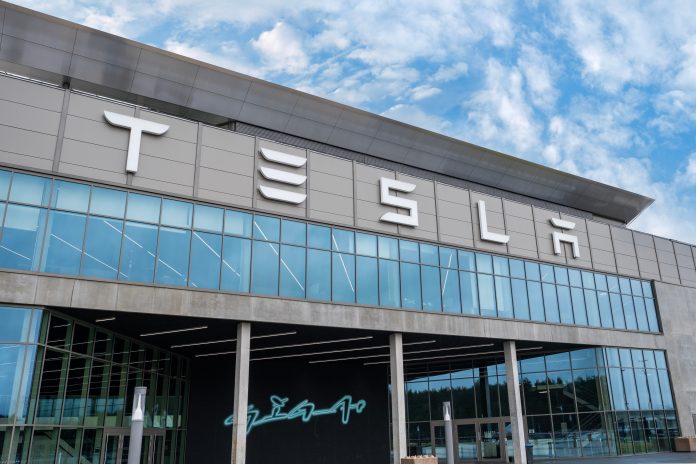Tesla will report its second-quarter earnings after the bell today. This follows a July 2 report on vehicle deliveries that, while better than analysts feared, still represented a decline from the previous year. This earnings call will provide investors with crucial insights into what CEO Elon Musk and the company are doing to return to growth after experiencing the largest revenue decline since 2012 during the first quarter.
Institutional investors will focus on Tesla’s automotive gross margins and operating expenses, particularly after the company implemented sweeping layoffs and offered price cuts and other incentives to boost EV sales. As of Monday, analysts expect Tesla to report 62 cents per share in adjusted earnings on revenue of $24.77 billion for the period ending June 30, according to LSEG.
Retail investors have submitted questions via the Say Technologies platform, seeking updates on the delayed plan to unveil the CyberCab, a “dedicated robotaxi,” and progress on self-driving technology. They are also interested in Tesla’s near-term priorities, the outlook for its growing battery energy storage business, and the status of a new factory in Monterrey, Mexico.
However, Musk’s recent political endorsements, particularly his support for former President Donald Trump, have also raised questions among shareholders. Some are concerned about how aligning with a party that denies climate change could impact Tesla’s brand, especially in liberal states like California, which accounts for 10% of the company’s global deliveries. Registrations in California fell to 52,211 vehicles during the second quarter, according to the California New Car Dealers Association.
Questions have also been submitted about Tesla’s humanoid robotics project. Musk has made bold claims about the potential of Tesla’s Optimus robots, suggesting they could significantly boost the company’s market cap. Recently, Musk indicated that these robots would be “genuinely useful” and in “low production” for internal use at Tesla next year, with hopes for higher volume production by 2026.
Despite Musk’s history of ambitious promises, such as the next-generation Roadster and full autonomy for Tesla cars, many have yet to be fulfilled. Investors are eager to hear how Tesla plans to address these challenges and deliver on its longstanding self-driving promises.




